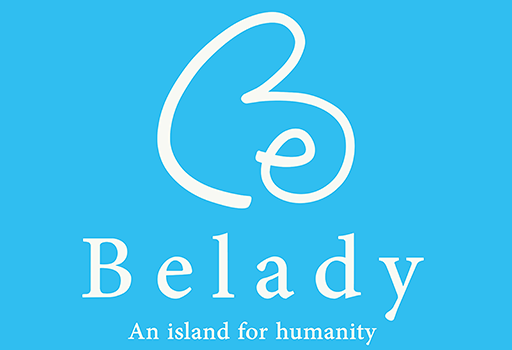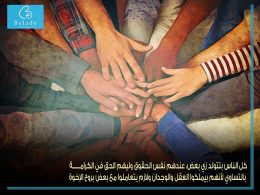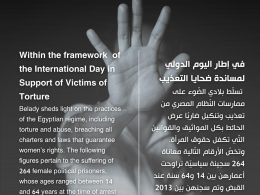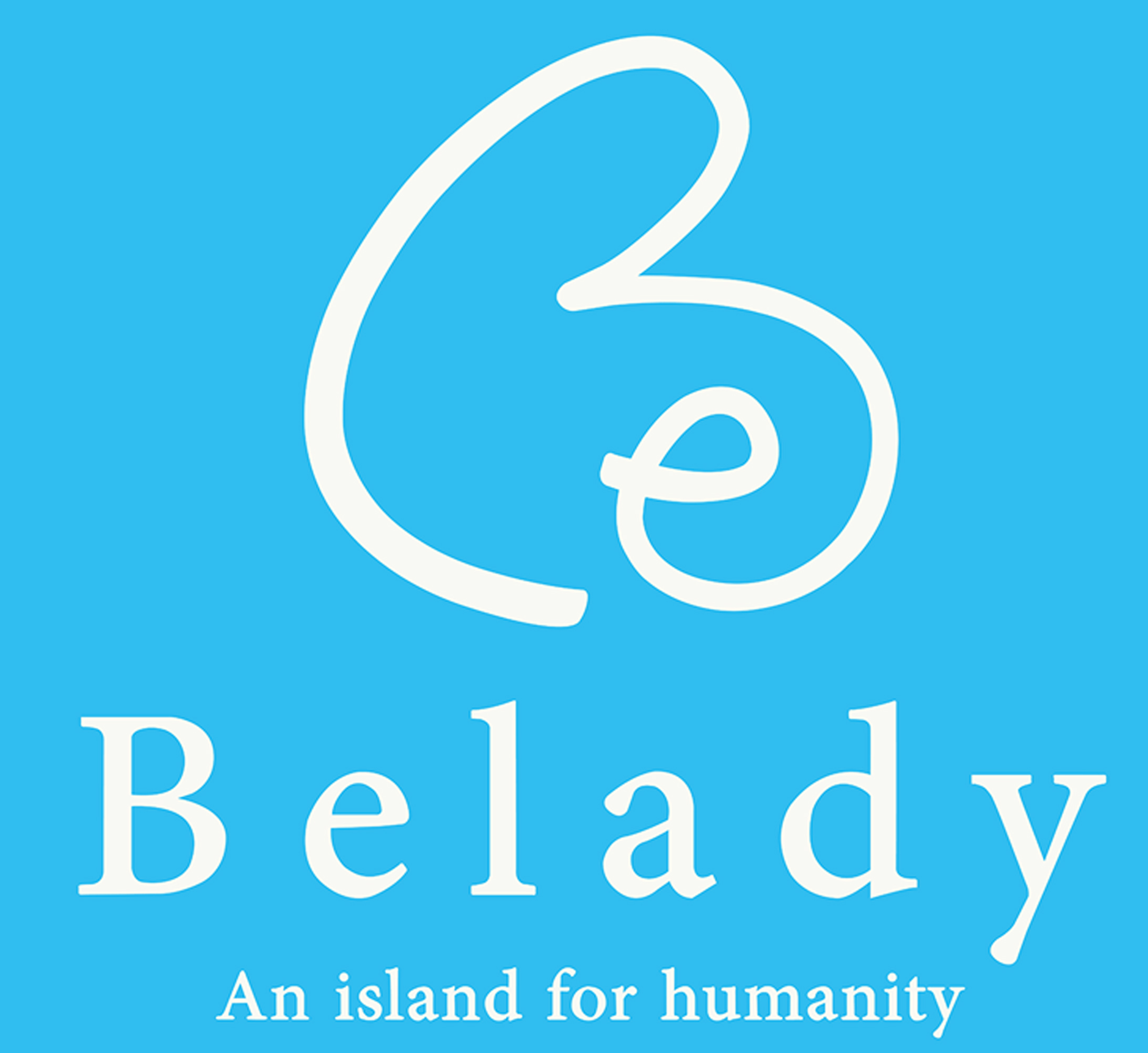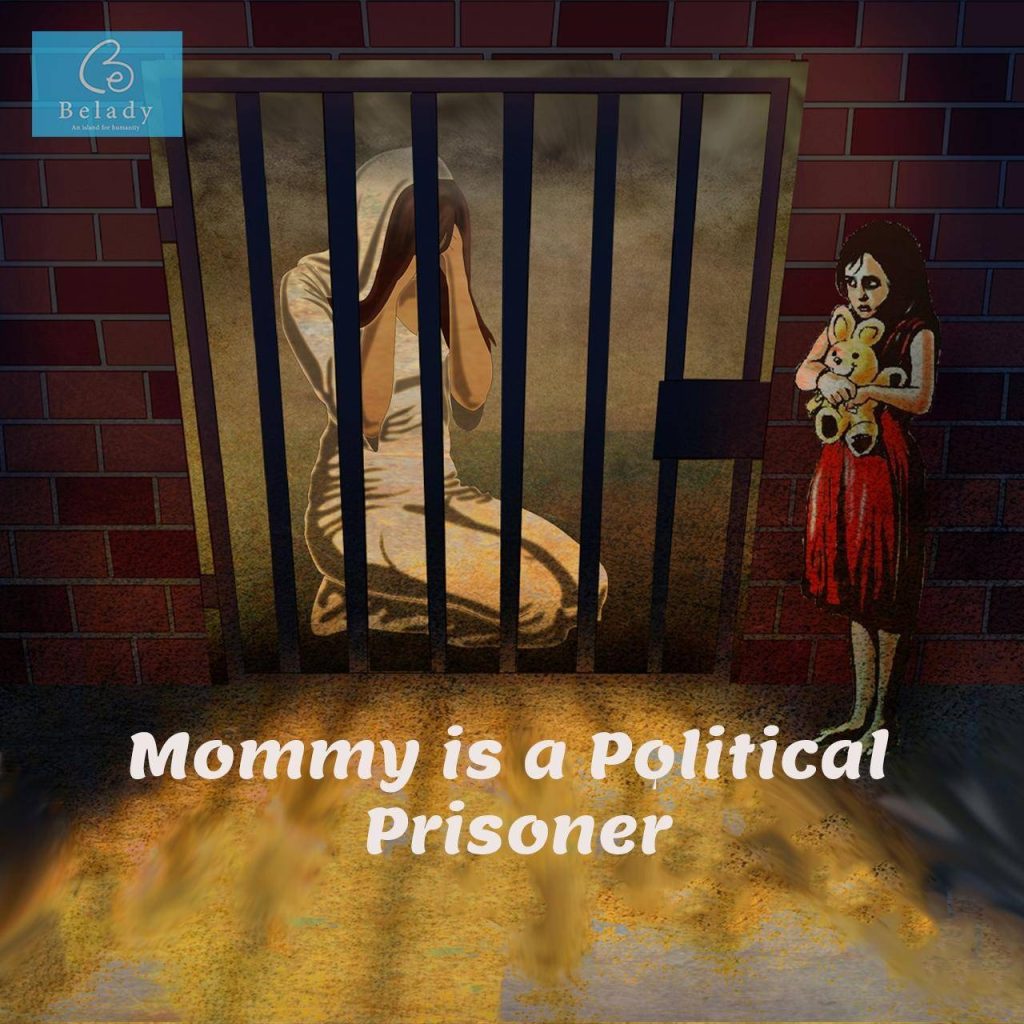
1) “Happy Mother’s Day, Mommy!” How many mothers were deprived of hearing these words like my mom was, because she is a political prisoner?
On 21 March each year, we celebrate Mother’s Day. However, many mothers are deprived of this delight because they are political prisoners. Between 2013 and 2020, at least 124 Egyptian mothers were behind the regime’s bars, among whom 72.6% are mothers of more than one child and 13.7% mothers of a child younger than five years old at the time of detention. Moreover, 12.1% of mothers were detained with family members amidst family arrest campaigns as means of pressure. Also, two prisoners gave birth behind bars.
2) Have my mother’s age and the sensitivity of her situation been considered?
Belady observed that during this time, the mothers detained were between 16 and 64 years old when arrested. In fact, 41.1% of them are middle-aged (between 36 and 60 years old), while 35.5% are young (between 19 and 35 years old). Belady also observed the detention of three elderly mothers (older than 60 years old), in addition to one minor mother. The latter suffers from child marriage and parental responsibilities. The system has raped her childhood by throwing her into its prison’s depths.
3) What crime has mom committed?
Unconcerned about the sensitivity of mothers’ situations, the regime throws women behind bars simply for undertaking their duties and functions. 17% of them are affected by the Cybercrime law due to their activities and functions. Among these women are lawyers; photographers; anchors; union members, human rights defenders or political activists or volunteers; bloggers, journalists or reporters; editors; or designers. Meanwhile, 42% of them are housewives who were detained for political charges instead of receiving the state’s moral and material assistance to raise and look after their children. In addition, 15.9% are from the education sector and 6.8% are students.
4) To what extent does the system violate my mom’s rights?
The right to a fair trial: the Egyptian regime deprives mothers of their rights to a fair trial via prison sentences or the renewal of pre-trial detention. 81.25% of mothers are sentenced, at first instance, to prison, aggravated imprisonment, or prison and fine. The average duration of their prison sentences is nearly six years, and total periods range from one to thirty. 7.3% of imprisoned mothers are subject to continuous renewal of pre-trial detention.
The right to be free from enforced disappearance: 41.1% of them were subject to enforced disappearance as they were deprived of their children and unaware of their fates. The average period of disappearance is around 24 days, ranging from two to 143 days.
The right to be free from torture and maltreatment: Belady observed that 20.2% of them were tortured through beating, spanking, breaking of bones, being dragged, harassment, injuries, electrocution, and bondage. As for psychological torture, 9.7% of them were subject to threats of rape, insults, humiliation, being forced to listen to others endure torture, genital inspection, blindfolding, or threats to their families’ safety. 13.7% of them were also deprived of visitations.
The right to health and life: Medical negligence represents 14.5% of cases. It is manifested in the deprivation of medicine entry (diabetes and blood pressure medicines), deterioration of health without medical intervention, or being kept from seeing a doctor, which in most cases affects her fundamental right to life.
Free My Mom
